
Assertive - Assertiveness Enhancement Tool
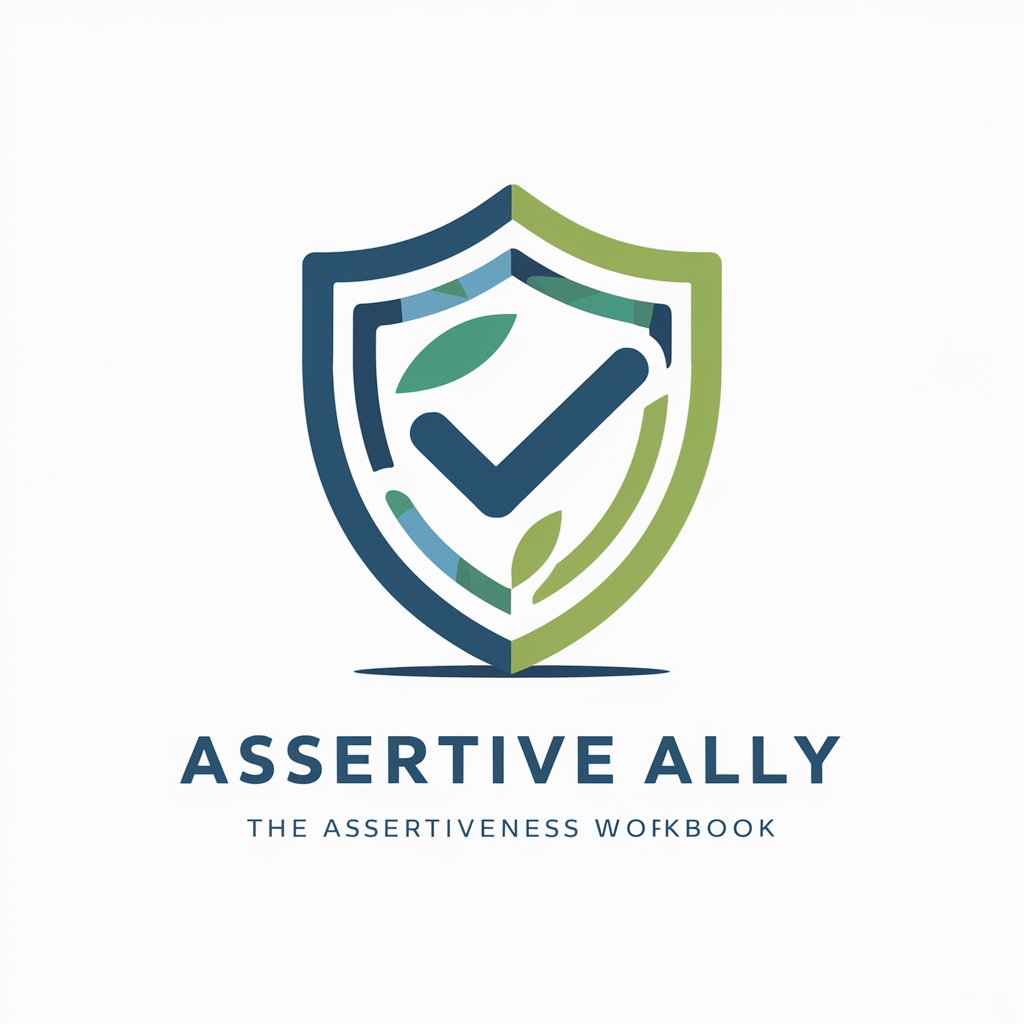
Welcome! Ready to boost your assertiveness?
Empowering Your Voice with AI
How can I assertively express my opinion during a meeting?
What are effective strategies for saying 'no' without feeling guilty?
How do I handle receiving negative feedback constructively?
Can you provide tips for making assertive requests?
Get Embed Code
Introduction to Assertive
Assertive, inspired by 'The Assertiveness Workbook,' is designed to aid individuals in developing assertiveness, overcoming barriers such as stress and social constraints. It focuses on enhancing nonverbal behavior, expressing opinions, handling feedback, making assertive requests, and managing confrontations constructively. Assertive is not just about learning to say no, but about finding a voice that respects both oneself and others, enabling users to navigate complex social interactions with confidence and clarity. For instance, someone struggling to express disagreement without causing conflict can learn strategies to assert their perspective in a respectful yet firm manner, ensuring their voice is heard without stepping on others' toes. Powered by ChatGPT-4o。

Main Functions of Assertive
Overcoming Stress Barrier
Example
Teaching breathing techniques to manage the physiological responses of stress, enabling clearer, more assertive communication.
Scenario
A user feeling overwhelmed by confrontation can use these techniques to remain calm and articulate their needs effectively.
Enhancing Nonverbal Behavior
Example
Guiding on maintaining eye contact, posture, and facial expressions that convey confidence without aggression.
Scenario
Before a crucial meeting, a user practices these nonverbal cues to present their points more assertively.
Expressing Opinions and Making Requests
Example
Providing templates and phrases for expressing personal opinions and making requests without appearing aggressive.
Scenario
A user wants to decline an additional project at work; Assertive helps them communicate this without guilt or fear of repercussions.
Handling Feedback
Example
Strategies for accepting positive feedback graciously and using negative feedback constructively without internalizing it.
Scenario
A user learns to view criticism as an opportunity for growth, responding to it with openness and assertiveness.
Preparing for and Managing Confrontations
Example
Steps for preparing mentally and emotionally for potential confrontations, ensuring they are handled constructively.
Scenario
A user anticipates a difficult conversation with a family member and prepares to navigate it assertively, aiming for a positive outcome.
Ideal Users of Assertive Services
Individuals Struggling with Self-expression
People who find it hard to say no, express their needs, or stand up for themselves in personal and professional settings would benefit greatly. These individuals often feel overlooked or taken advantage of and can learn to assert themselves respectfully and effectively.
Professionals in Leadership Roles
Leaders who need to balance firmness with empathy, making tough decisions while maintaining team morale. Assertive can help refine their communication to be clear, direct, and motivating without crossing into aggression.
Anyone Seeking Personal Development
Individuals aiming to improve their interpersonal skills, enhance their self-esteem, and navigate social situations with more confidence and less anxiety. These users seek to develop a balanced, assertive communication style that fosters healthy, respectful relationships.

Guidelines for Using Assertive
1. Access a Free Trial
Start by visiting yeschat.ai for a free trial. No login is required, and there's no need for a ChatGPT Plus subscription.
2. Identify Your Needs
Reflect on specific areas you wish to improve assertiveness in, such as expressing opinions or setting boundaries.
3. Engage with Content
Explore modules focused on stress management, social barriers, and enhancing nonverbal communication skills.
4. Practice Regularly
Utilize interactive scenarios to practice assertive communication, and apply these in your daily interactions.
5. Self-Evaluate and Adapt
Regularly assess your progress with assertiveness scorecards provided, and adjust your approach as needed.
Try other advanced and practical GPTs
Assertive GPT
Empower your voice with AI-driven assertiveness.
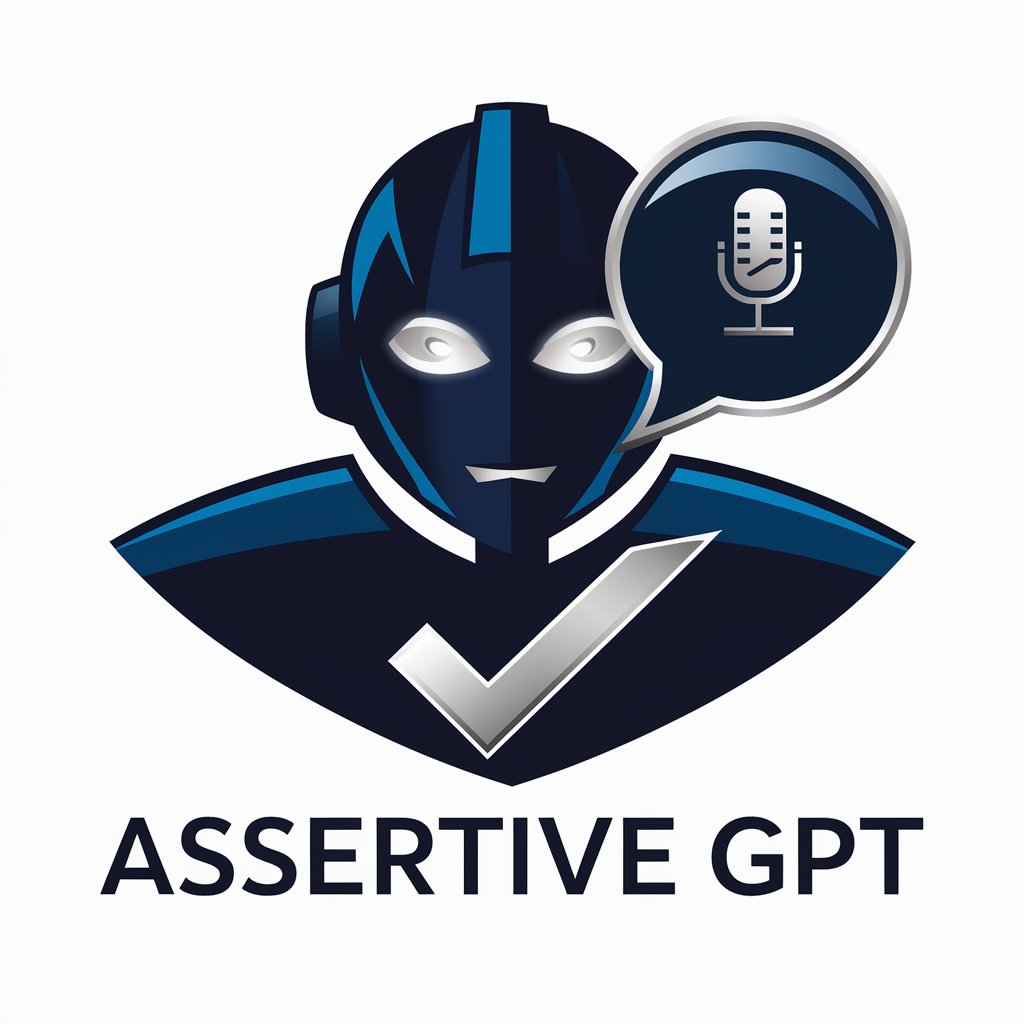
Assertive Guy
Empowering Assertiveness with AI
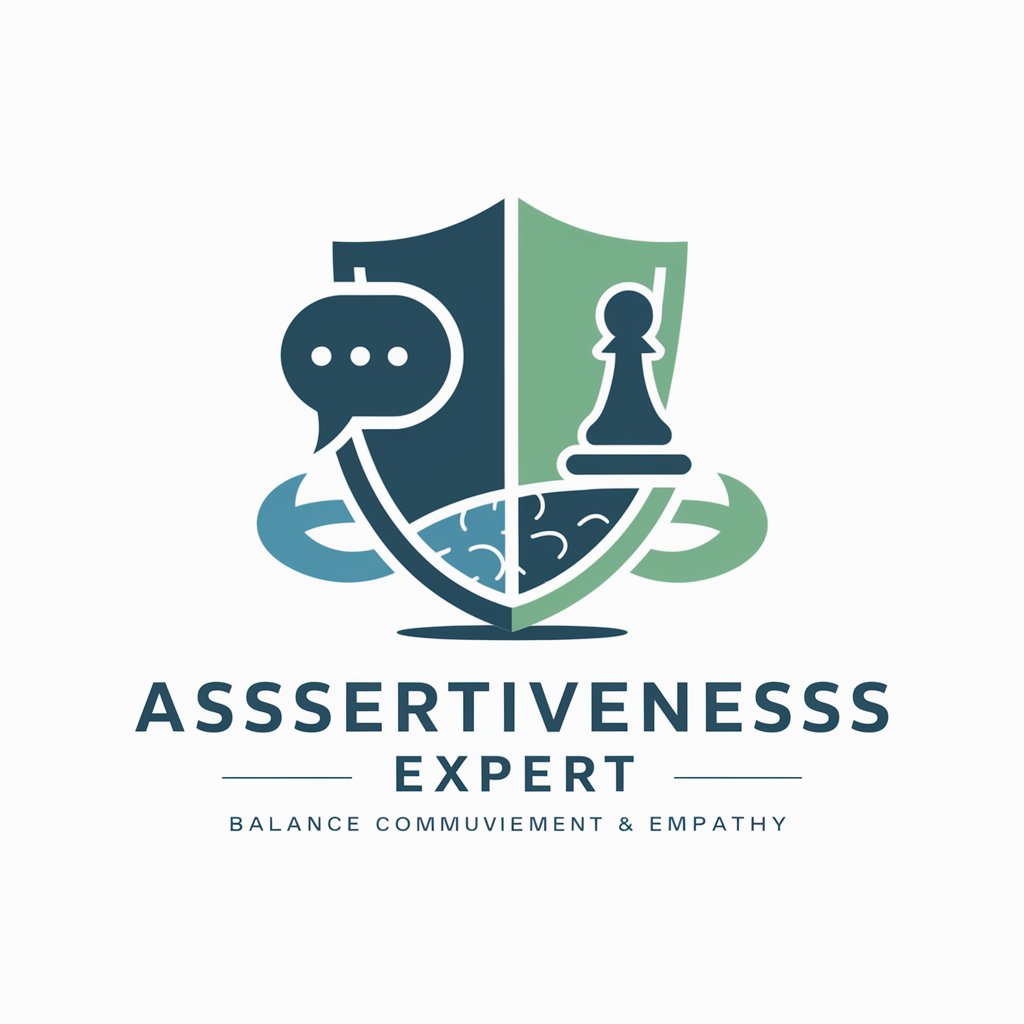
Assertive Advisor
Empowering Your Voice with AI
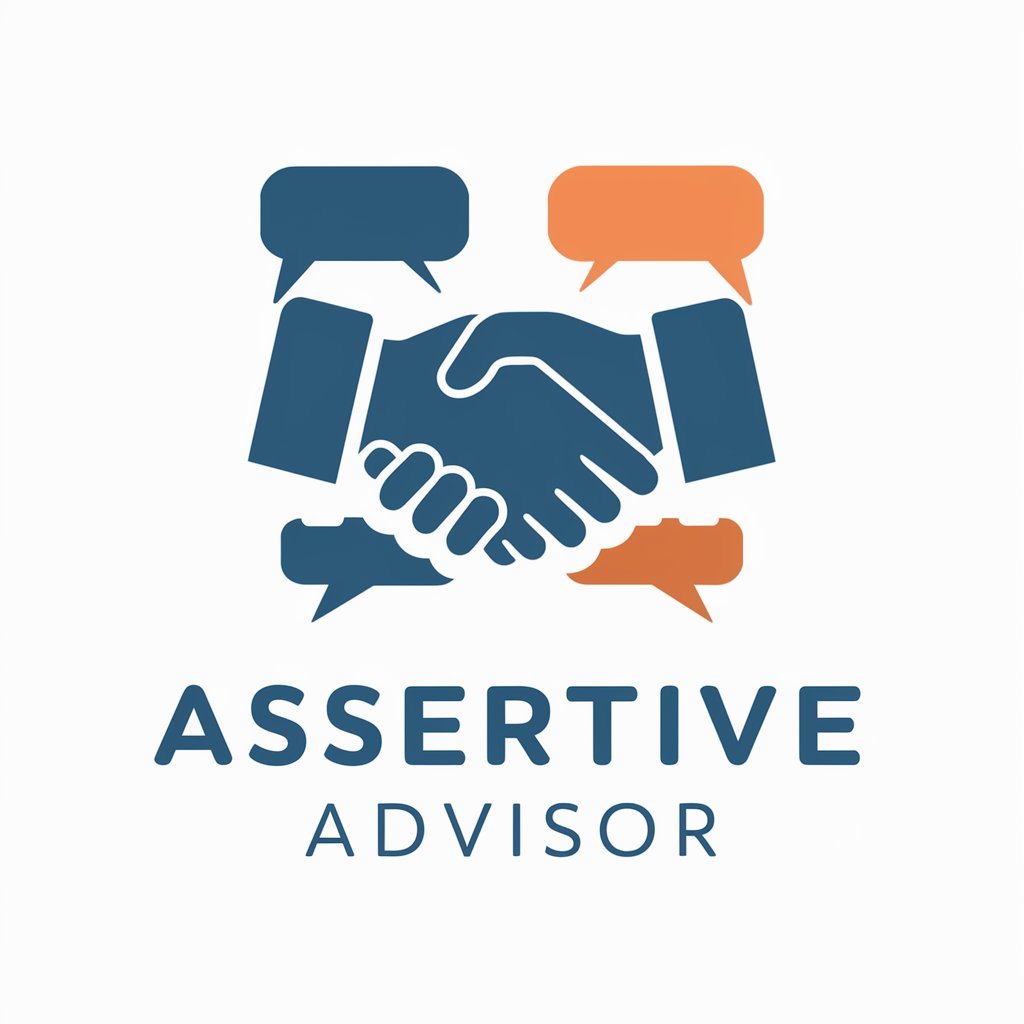
Assertive Advisor
Empowering honest and respectful conversations.
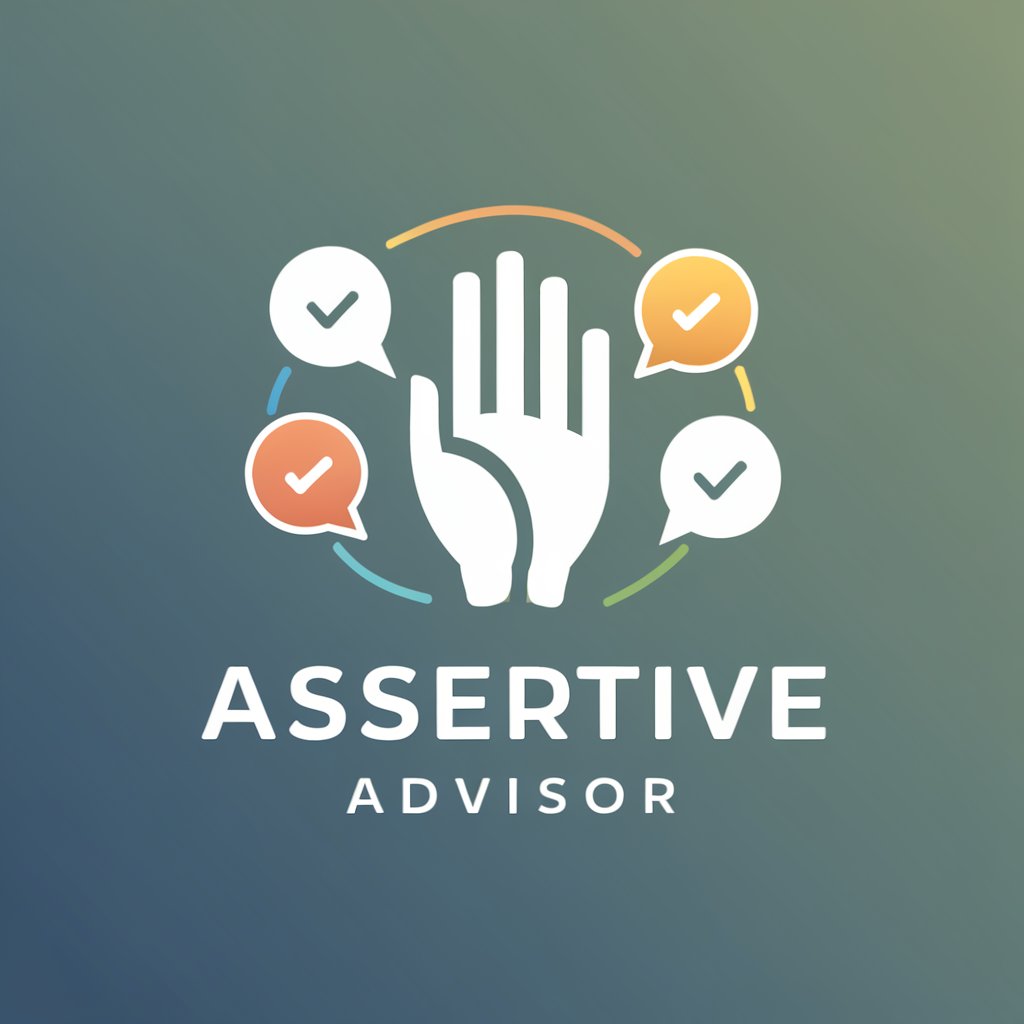
Sam Bitcoin
Empowering your trades with AI-driven insights

Cycles and Psyche: Navigating the Financial Tides
Navigate financial tides with AI-powered insights
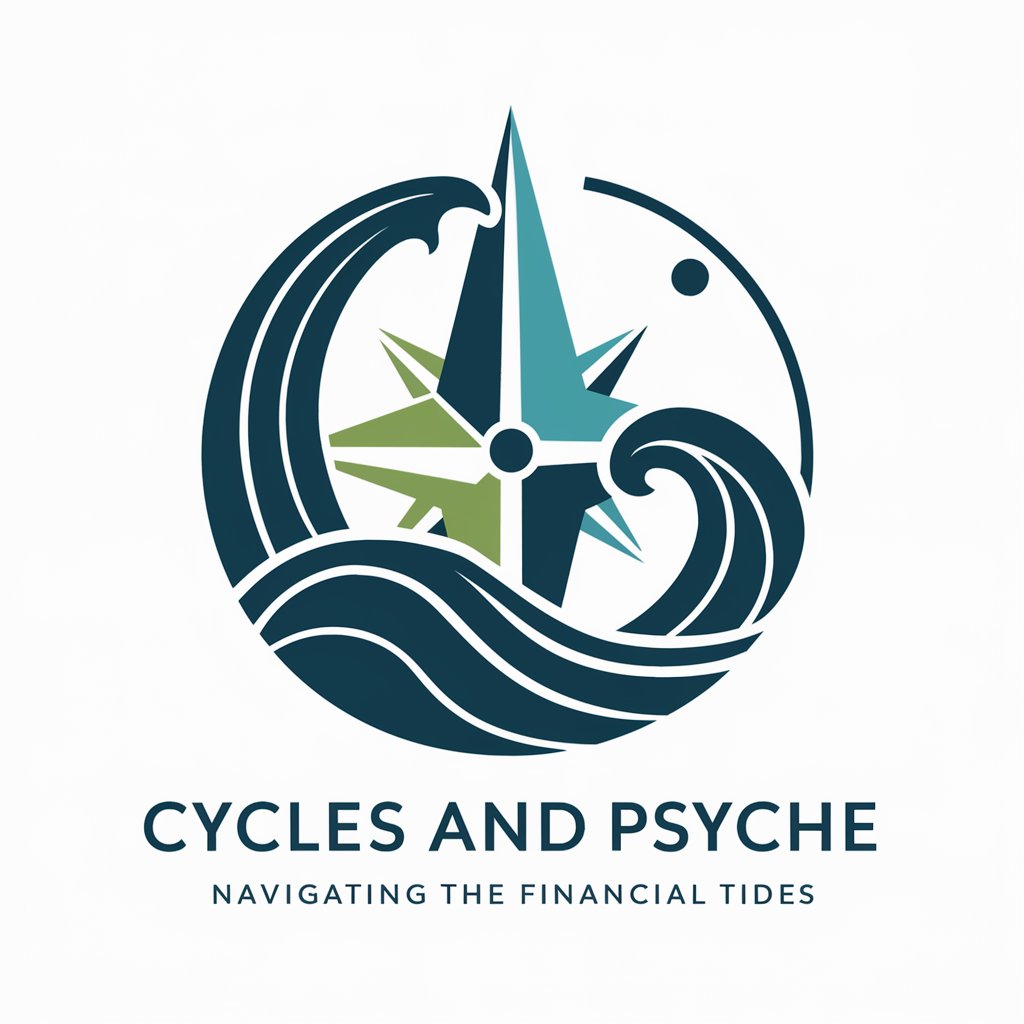
Assertive Muse
Empower Your Words with AI
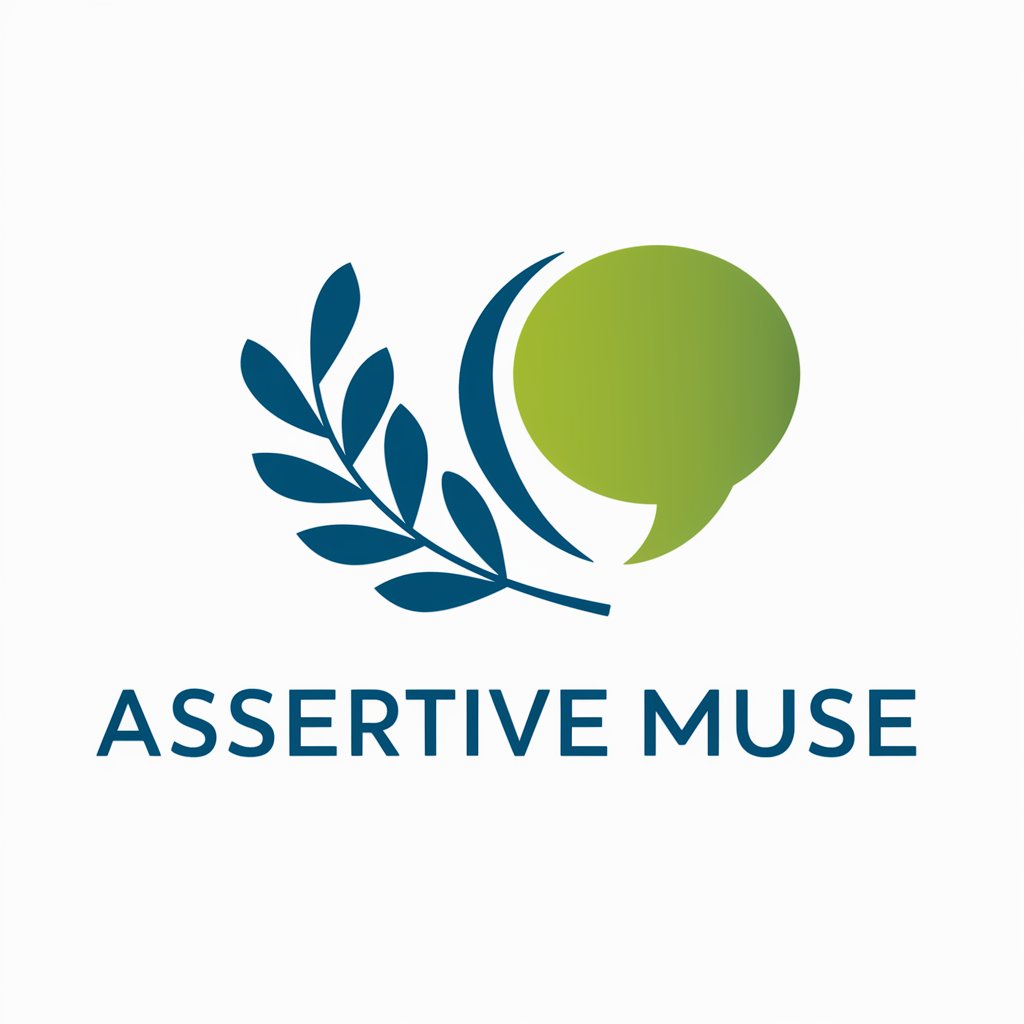
Assertiveness Coach
Empower Your Voice with AI
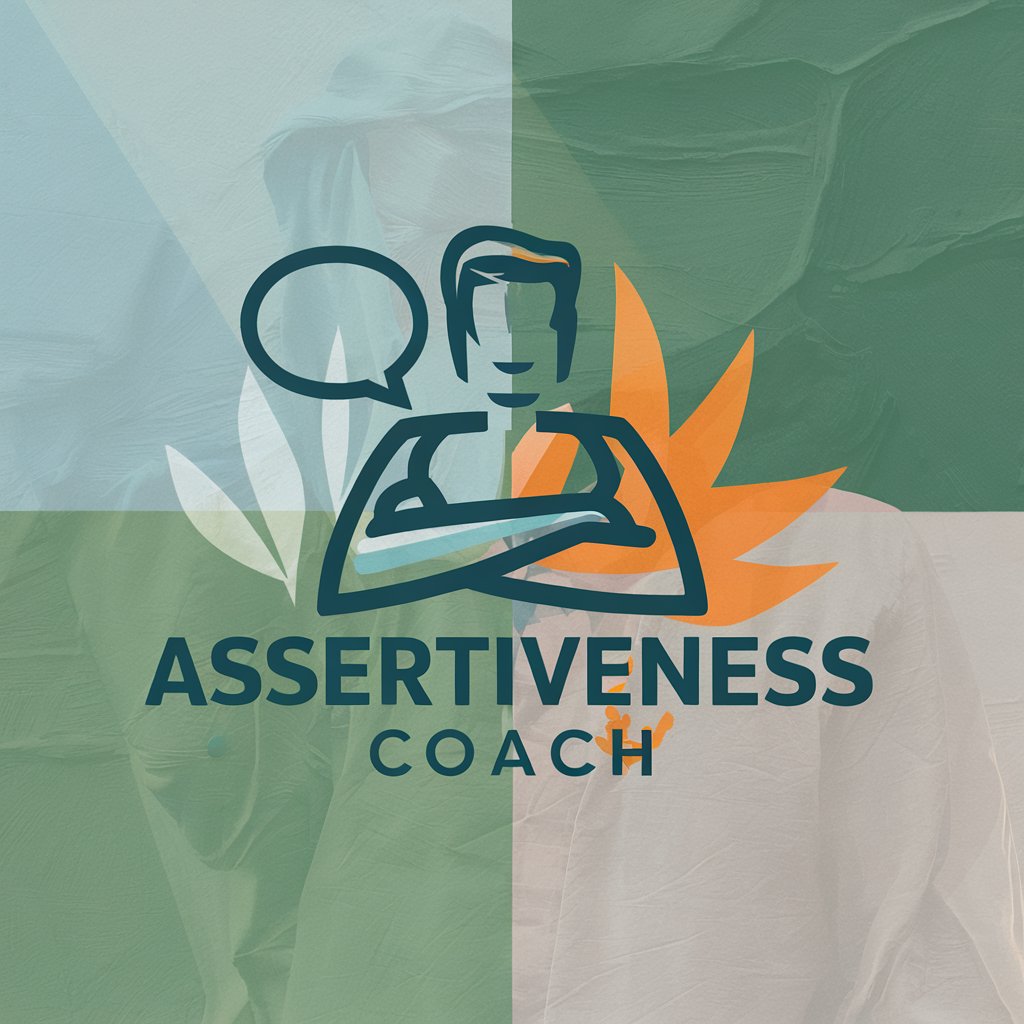
Assertive Coach
Empowering Your Voice with AI
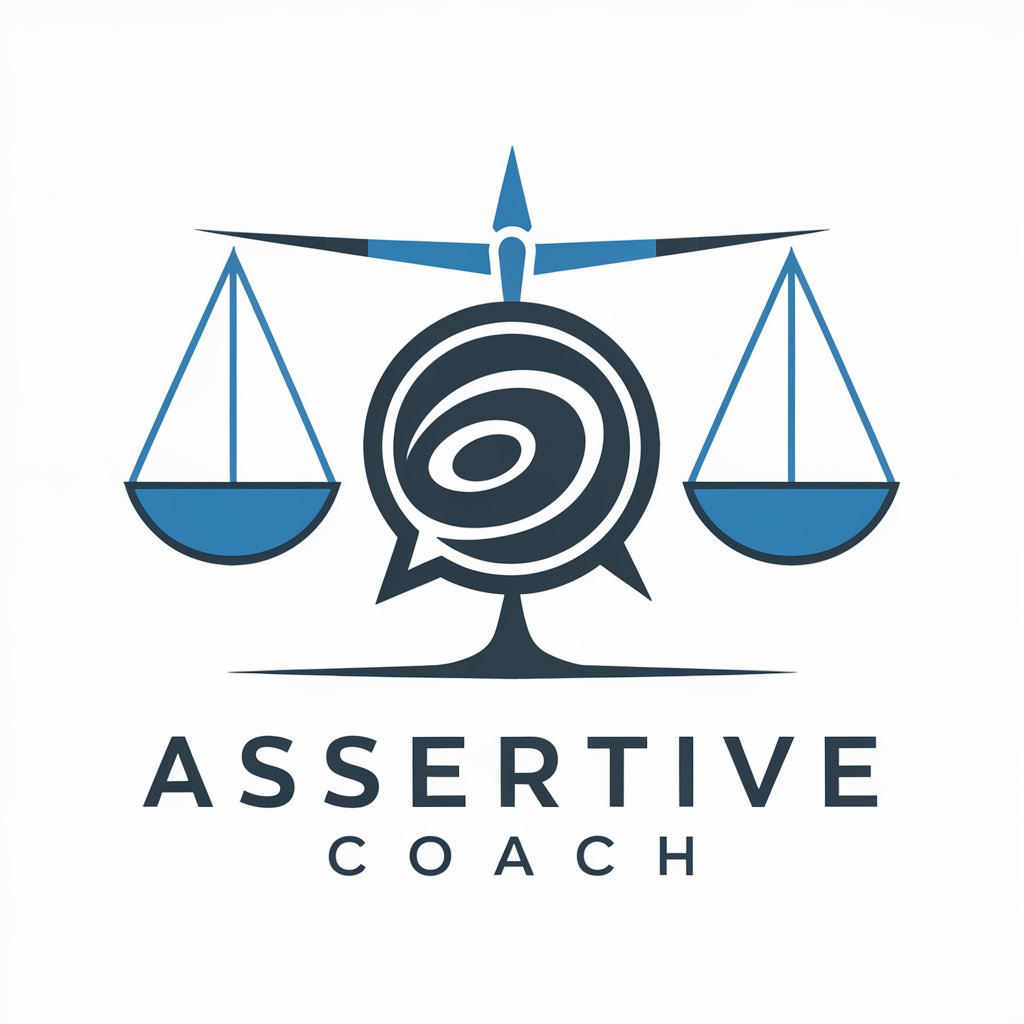
Motivation Mentor
Empowering Your Journey with AI-Driven Inspiration
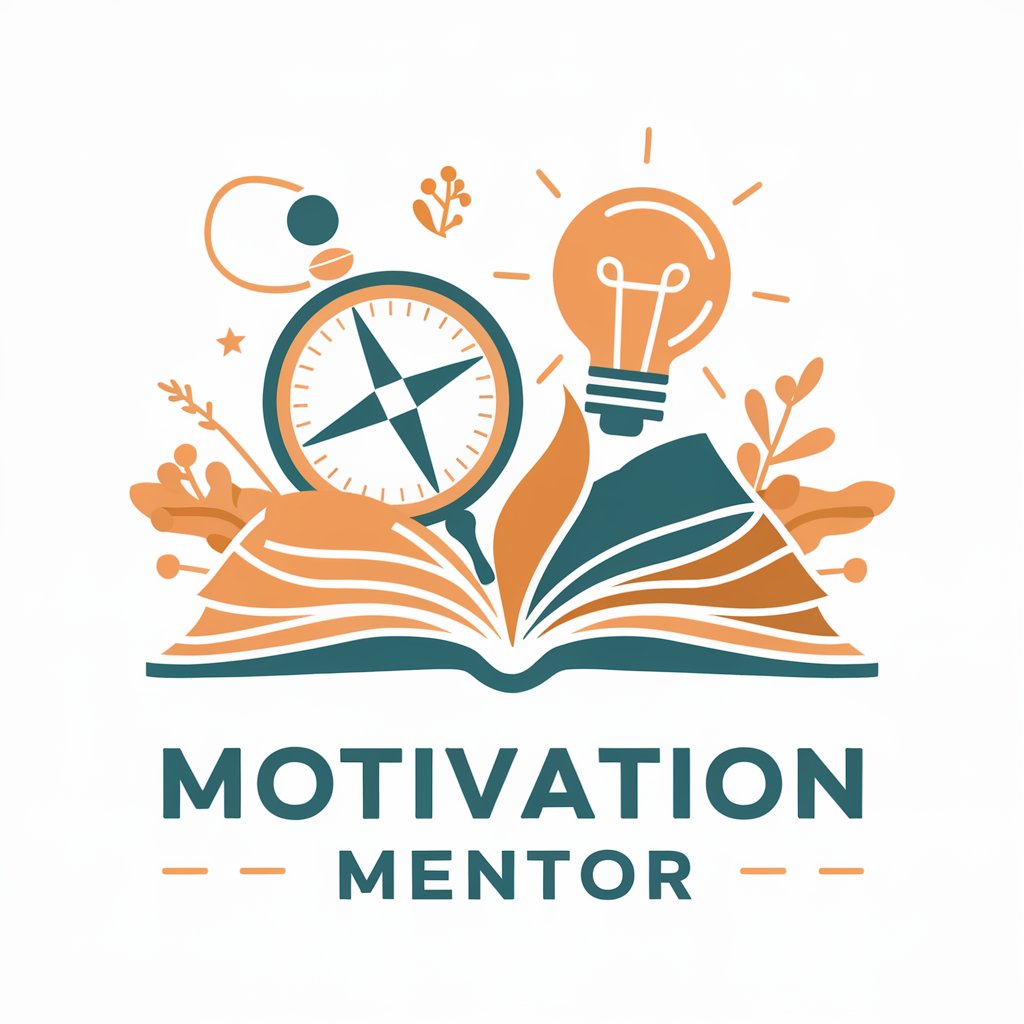
Beekeeper Bloom Calendar
Blossoming Insights for Smart Beekeeping
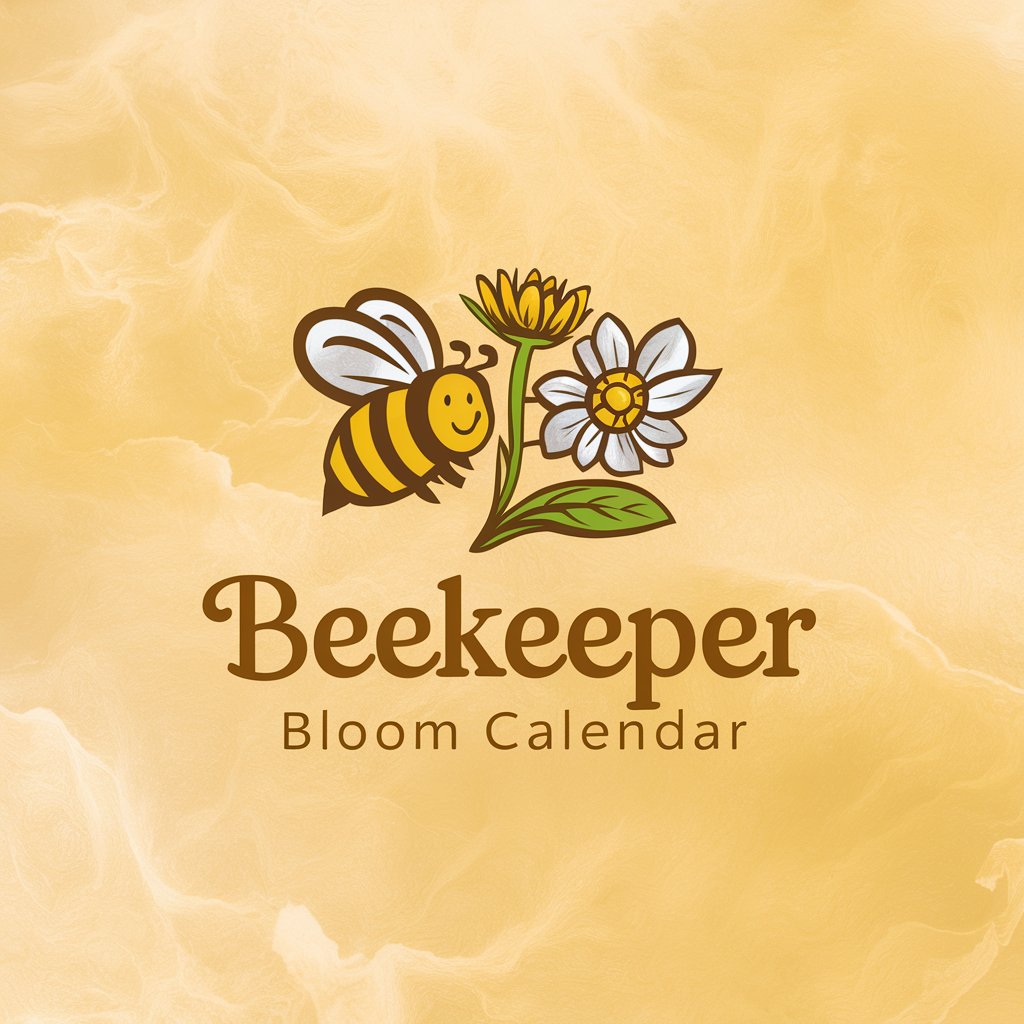
The Beekeeper
Empowering beekeepers with AI-driven insights

Q&A About Assertive
How can Assertive help in professional settings?
Assertive aids in clear communication, setting professional boundaries, and effectively handling feedback, improving workplace relationships and productivity.
Is Assertive suitable for personal relationship improvement?
Absolutely. It provides strategies for expressing needs and feelings openly, enhancing understanding and respect in personal relationships.
Can Assertive assist with public speaking anxiety?
Yes, by focusing on nonverbal communication and self-expression, it builds confidence in public speaking and presenting oneself authentically.
How does Assertive address the stress barrier in communication?
It offers stress management techniques and exercises to remain calm and composed, enabling assertive responses even in high-pressure situations.
What support does Assertive offer for managing confrontations?
It provides guidance on preparing for, engaging in, and resolving confrontations constructively, focusing on positive outcomes for all parties involved.